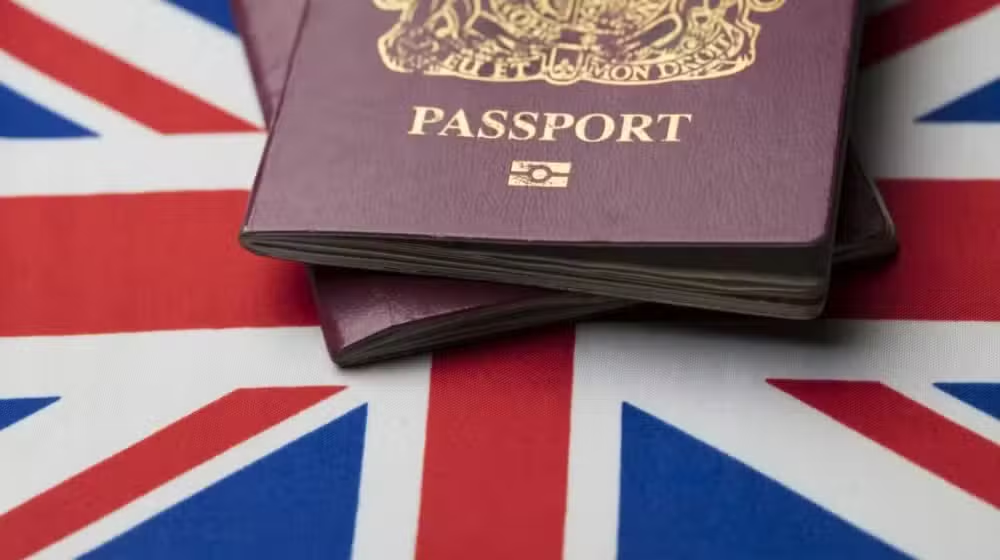The United Kingdom has officially rolled out a new e-Visa system for most Pakistani students and skilled workers, as announced by the British High Commission in Islamabad.
According to Jane Marriott, the British High Commissioner to Pakistan, the e-Visa system will apply to the majority of visa applicants seeking to stay in the UK for more than six months, including students and workers. This digital transformation aims to offer a more convenient, secure, and efficient visa process.
READ MORE: Germany Announces Increased and Expedited Visa Processing for Pakistanis
Key Benefits of the UK e-Visa System
- No need to submit physical passports for visa stickers.
- Applicants can retain their passports during processing.
- Successful applicants will receive a digital record of their immigration status.
- The “View and Prove” service will allow easy sharing of visa information with employers, landlords, and other parties.
Who is Covered Under the e-Visa Rollout?
The transition includes:
- Students, including those with 11-month short-term study visas
- Skilled workers, especially in healthcare and care roles
- Global talent visa holders
- International sportspersons
- Participants of temporary work schemes, such as in charity or creative sectors
- Youth Mobility Scheme participants
- Global Business Mobility route applicants
Who Is Not Covered Yet?
- Dependents of visa applicants
- Non-work and non-study visa applicants, such as general visitors
These groups will continue receiving physical visa stickers for now. However, the UK government plans to expand the digital visa system to cover all visa categories in the future.
Important Notes for Current Visa Holders
Holders of existing physical visa stickers do not need to take any action. Their immigration status and rights remain valid and unchanged under the current system.
This move aligns with the UK’s long-term strategy to create a fully digital, secure, and globally streamlined immigration system, benefiting both applicants and British institutions by simplifying verification processes.



